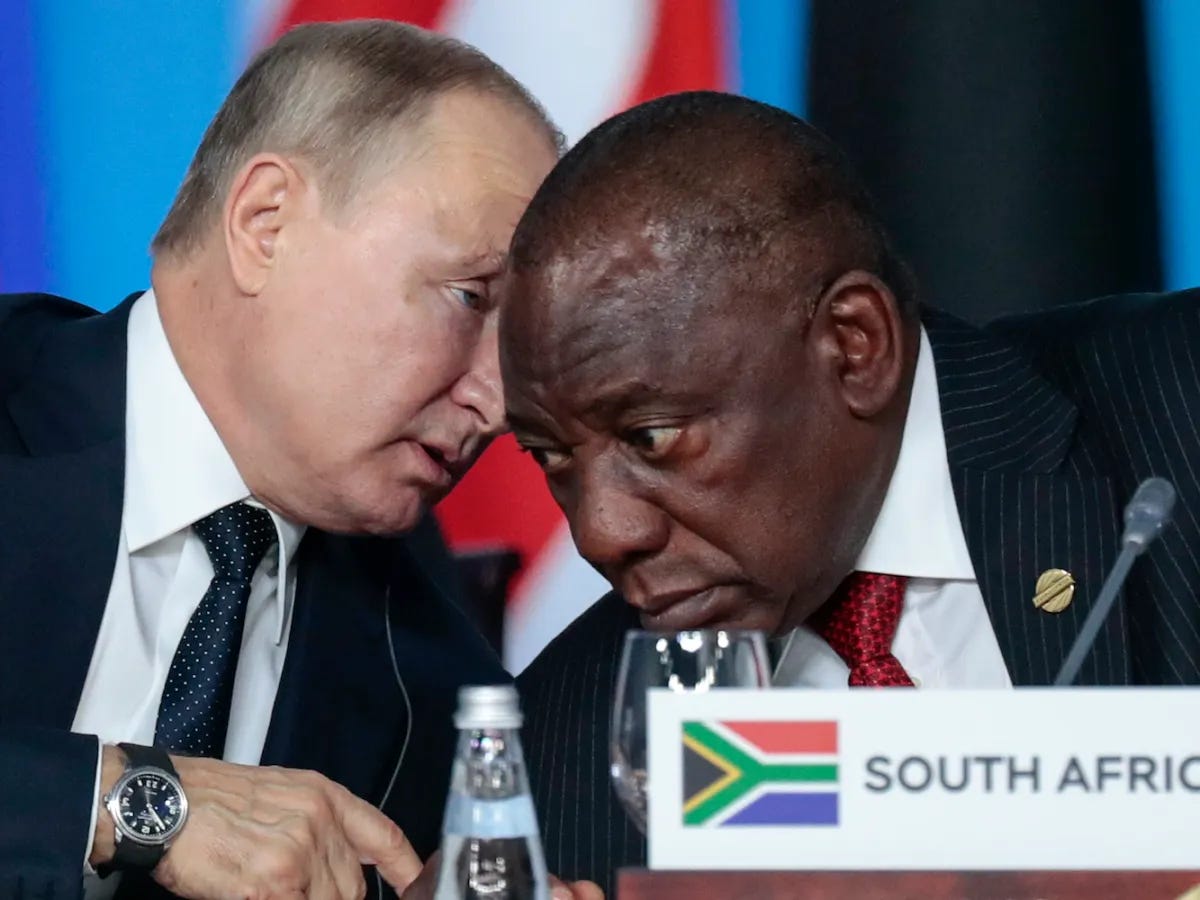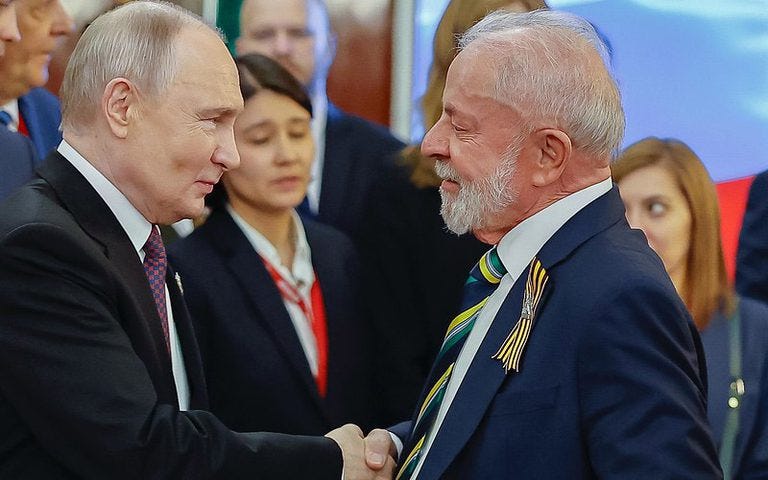Neutrality Today – A Convenient Cover for Cowards and Opportunists
The Illusion of Neutrality in Contemporary Geopolitics: Doomed to Fail
Today’s geopolitical reality increasingly rejects neutrality. Global conflicts, value-based confrontations, and pressure from superpowers leave little room for states that attempt to remain on the sidelines as passive observers without a stance. The "non-alignment" policy, once seen as a wise way to preserve independence and security, has become an outdated strategy in the 21st century, detached from reality. Neutrality is now often not a guarantee of stability, but rather a reflection of moral confusion, strategic ambiguity, and a void of values.
South Africa: The Myth of Neutrality Masking Bias
South Africa is frequently cited as a country trying to maintain a "neutral" stance in global conflicts. But its actions tell a different story. In Gaza – it offers strong support for Palestine and condemns Israel’s actions. Meanwhile, in the context of the war in Ukraine – it adopts a cautious, sometimes even pro-Russian tone, expressed through both diplomatic statements and economic relations. This double standard is not accidental – it stems from a historical self-perception where foreign policy is based not on universal values, but on historical sympathies and “friendships,” often rooted in a shared struggle against the West.
This is not neutrality, but emotional bias disguised as impartiality. Such a selective stance turns the country from an independent moral arbiter into an inconsistent and unreliable player in the international order.
Brazil: Declarative Neutrality and Geopolitical Duplicity
Brazil provides an even starker example of how neutrality becomes discredited. President Lula da Silva, who has repeatedly positioned himself as a "neutral" figure regarding the war in Ukraine, insists the conflict should be resolved through negotiations, not military means. But those words quickly clashed with his actions – on May 9, he traveled to Moscow to attend the Victory Day parade, which in the Russian regime's narrative has become less a commemoration of World War II and more a symbolic celebration of force and military dominance.
Such a visit is not neutral – it is a clear geopolitical gesture. And it not only contradicts the president’s own declarations about peace but also signals that Brazil is inclined to support the aggressor regime, even if this is framed as "diplomatic balance." Later statements claiming “there is no military solution to this war” lose credibility when the rhetoric of peace is accompanied by images on the Kremlin’s red carpet.
Brazil’s case reveals a dangerous trend – neutrality rhetoric becomes a convenient cover when a state does not want or is afraid to clearly state where it stands. But such ambiguity, especially in the context of war, devolves into geopolitical inconsistency that ultimately damages both the country’s reputation and global diplomatic order.
Superpowers: Pressuring a Choice
At the same time, global superpowers are increasingly intolerant of middle-ground positions. The United States, China, Russia, India, and the European Union – all these centers of power are more openly pressuring smaller countries to take a stand. For example, the U.S. recently urged Latin American nations to clearly position themselves regarding strikes on Iran’s nuclear facilities. This is no longer a Cold War with clear lines – it is a multilayered system where indecision is seen as a stance, and often an unfavorable one.
Lack of Values or Willful Detachment
Margaret Thatcher once said: “Countries that are neutral have no values.” Today, this statement gains renewed significance. In the face of war, genocide, and human rights violations, neutrality no longer symbolizes balance but becomes a moral vacuum. Nations that refuse to name evil silently justify it.
Conclusion
The era of neutrality is coming to an end. Not because the world has become one-sided, but because it has become too overtly value-driven – and too dangerous for silence. South Africa, Brazil, and many other nations claiming a policy of "neutrality" are in fact demonstrating not diplomacy, but fear, interest-balancing, and selective morality. Neutrality no longer protects – it compromises.
The world we live in no longer tolerates empty positions. It demands a choice. And as recent events have shown, indecision is also a decision – one that is, in most cases, ultimately unfavorable to the “neutral” state itself.








